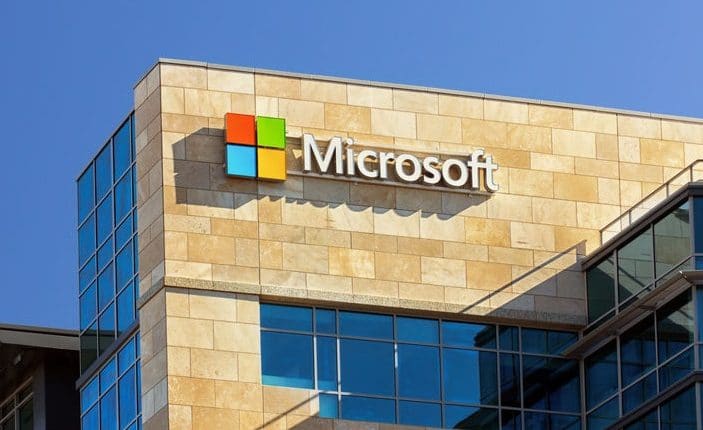Windows 10 will soon come to an end. Microsoft has officially announced that its Office suite, including Microsoft 365 apps, will no longer receive support on Windows 10 after October 14, 2025. The company stated in an official blog post that “Microsoft 365 Apps will no longer be supported after October 14, 2025, on Windows 10 devices.” Users who wish to continue using Office applications will need to upgrade their operating systems to Windows 11.
It should be noted that while Office apps will still function on Windows 10 after the support ends, they will no longer receive feature updates, bug fixes, or security patches. In this case, organizations that rely on these tools for daily operations will have little choice but to upgrade to Windows 11 to avoid the issues, which is something Microsoft already recommends. This also means that users who have been relying on subscription-based Microsoft 365 or standalone versions like Office 2016, 2019, and 2021 will face a lack of new features and compatibility updates.
“Well, it is official. Window 10 is being retired after October 14th,2025 and will no longer be supported. What does this mean? Your computer will still work. However, with security threats on the rise, it is imperative you upgrade, immediately. The great news is that you still have time to make the jump”, Microsoft said in an official blog post.
Despite Microsoft’s push to promote Windows 11 as the future of its operating systems, the adoption rate has been underwhelming. As of early 2025, more than 62% of Windows devices globally still run Windows 10, while Windows 11 accounts for approximately 34%. The slow uptake is largely attributed to the strict hardware requirements for Windows 11, which includes the mandatory inclusion of Trusted Platform Module (TPM) 2.0.
This hardware-based security feature is described by Microsoft as “non-negotiable.” The catch is that many older PCs do not meet this requirement, leaving millions of users unable to upgrade without purchasing new hardware. This has prompted Microsoft to roll out full-screen prompts urging users to upgrade and labeling 2025 as “the year of the Windows 11 PC refresh.”
However, users may not want to transition to Windows 11 immediately. To deal with this issue, the tech behemoth is offering Extended Security Updates (ESU) for Windows 10 for the first time. Individual users can pay $30 for an additional year of support, while businesses have the option to purchase up to three years of extended updates. Educational institutions are also eligible for discounted ESU licenses, with costs increasing incrementally each year. Specialized versions of Windows 10, such as the Long-Term Servicing Channel (LTSC) and Long-Term Servicing Branch (LTSB) releases, will continue to receive updates beyond October 2025.
The Tech Portal is published by Blue Box Media Private Limited. Our investors have no influence over our reporting. Read our full Ownership and Funding Disclosure →






